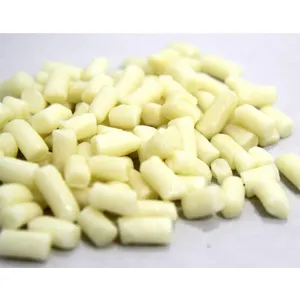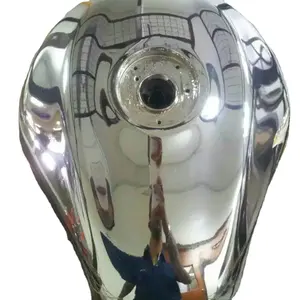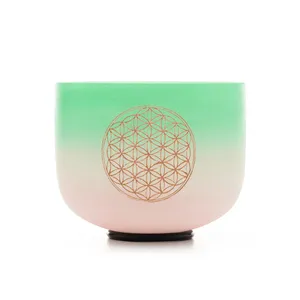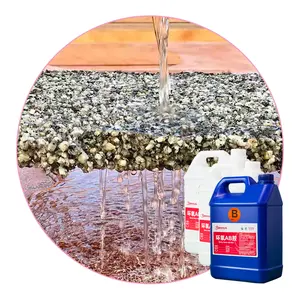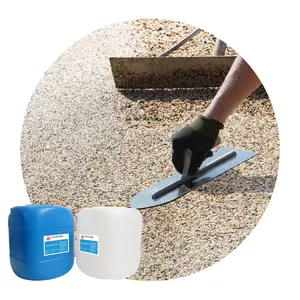Popular in your industry







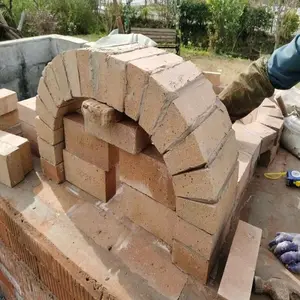





































































































































































































Top categories
About refractory material molds
Understanding Refractory Material Molds
Refractory material molds are specialized forms used to shape materials capable of withstanding extreme temperatures. These molds are crucial in various industries, from metalworking to ceramics. They enable the production of components that maintain structural integrity under thermal stress, making them indispensable in high-temperature applications.
Types and Applications
The versatility of refractory molds is evident in their range of types, each suited to different applications. For instance, in the construction of industrial furnaces, molds for fire bricks ensure precise dimensions for optimal lining and insulation. Similarly, in domestic settings, molds for refractory cement are used to create fire-resistant surfaces and components for fireplaces and stoves.
Features and Materials
Refractory material molds are designed to produce materials that are not only heat-resistant but also durable. The materials used for these molds, such as silicon carbide or graphite, are selected for their ability to endure the casting process of various refractory materials, including alumina and silicon-based ceramics. This ensures that the end products, whether bricks or intricate shapes, meet the necessary specifications for heat resistance and longevity.
Advantages of Refractory Molds
Utilizing refractory material molds offers several advantages. They provide uniformity and precision in the production of refractory products, which is critical for the efficiency and safety of high-temperature operations. Additionally, the durability of these molds means they can be used repeatedly, offering cost-effectiveness for manufacturers.
Innovative Uses in Industry
Beyond traditional applications, refractory molds are also used in innovative ways. In chemical processing, for example, spherical molds are used to create ceramic balls that serve as supports for catalysts or as grinding media. These specialized applications underscore the adaptability of refractory molds to meet the needs of various high-temperature processes.
Choosing the Right Refractory Molds
Selecting the appropriate refractory material molds is crucial for any high-temperature application. Factors such as the type of refractory material, the temperature range, and the specific industrial process must be considered to ensure optimal performance. While Alibaba.com facilitates the connection between buyers and a diverse array of suppliers, it is essential to assess the specifications and compatibility of the molds with the intended application.
